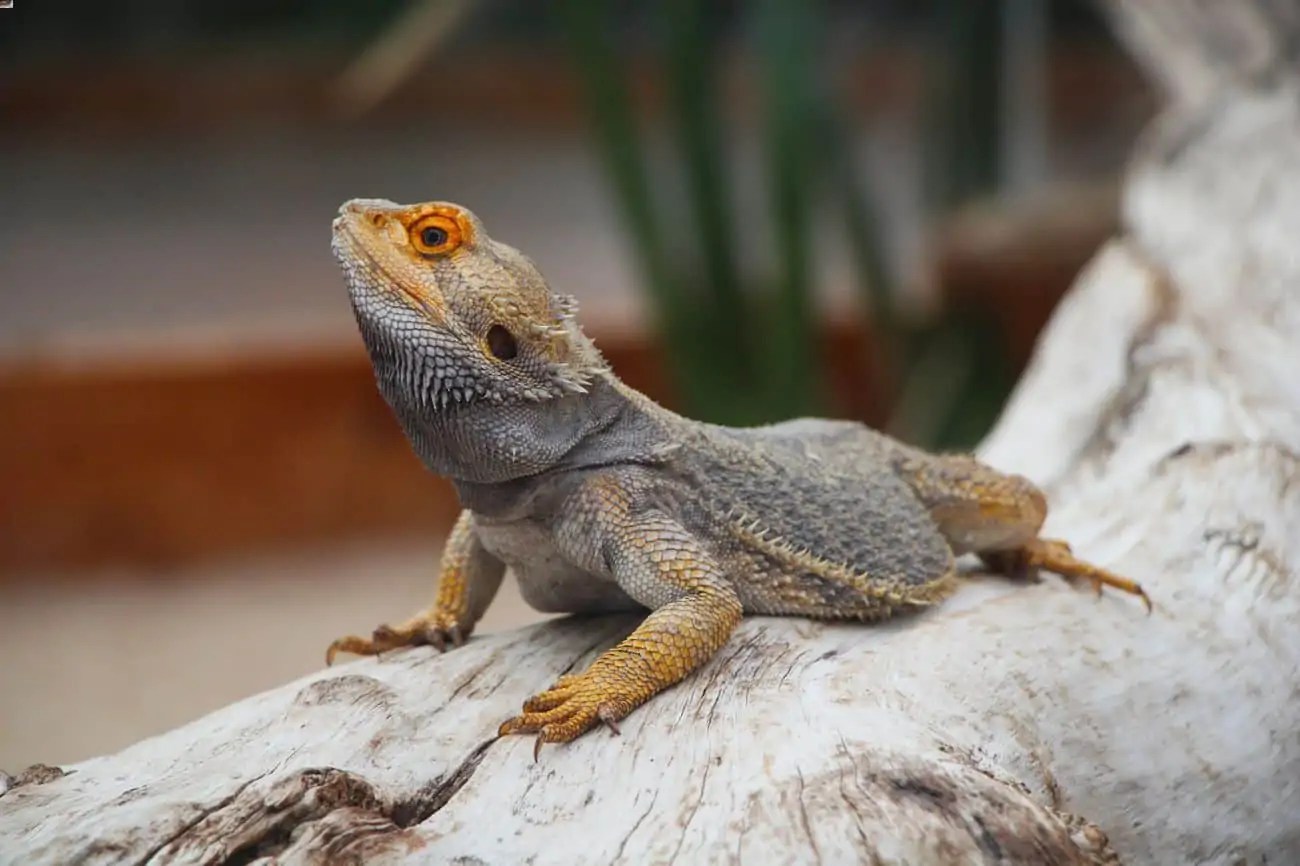The lifespan of a bearded dragon is an important consideration for any potential pet owner. Understanding their lifespan can help you provide the best care possible, ensuring that your pet lives a long, healthy life. Bearded dragons are popular reptiles known for their docile nature and unique appearance, making them great companions. However, various factors can influence their longevity, including diet, habitat, and healthcare. In this article, we will explore the average lifespan of bearded dragons, factors affecting their life expectancy, and best practices for care.
Bearded dragons, or Pogona, are native to Australia and have become one of the most popular pet reptiles worldwide. When cared for properly, these fascinating creatures can live for over a decade, with some individuals reaching up to 15 years or more. This article aims to provide comprehensive information about bearded dragon lifespan, helping current and prospective owners make informed decisions regarding their care.
As we delve into the topic, we will examine the various aspects that contribute to the longevity of bearded dragons, including their dietary needs, habitat requirements, and common health issues. By understanding these factors, you can create an environment that promotes the well-being of your bearded dragon and maximizes their lifespan.
Table of Contents
- Average Lifespan of Bearded Dragons
- Factors Affecting Lifespan
- Dietary Needs for Longevity
- Habitat Requirements for Bearded Dragons
- Healthcare and Regular Check-ups
- Common Health Issues in Bearded Dragons
- Tips for Extending Your Bearded Dragon’s Lifespan
- Conclusion
Average Lifespan of Bearded Dragons
The average lifespan of a bearded dragon ranges from 10 to 15 years in captivity. However, with optimal care, some individuals can live beyond this range. Factors such as genetics, environment, and diet play a crucial role in determining how long your bearded dragon will live. Most bearded dragons will reach adulthood within 1 to 2 years, at which point they will start to show their full growth potential.
Life Stages of Bearded Dragons
- Hatchling: 0-3 months
- Juvenile: 3-12 months
- Sub-adult: 1-2 years
- Adult: 2 years and older
Factors Affecting Lifespan
Several factors can influence the lifespan of bearded dragons, including:
- Diet: A balanced diet rich in vitamins and minerals is essential.
- Habitat: A suitable environment that mimics their natural habitat is crucial.
- Healthcare: Regular veterinary check-ups can prevent and treat health issues.
- Stress: Minimizing stress through proper handling and socialization is important.
Dietary Needs for Longevity
A well-balanced diet is vital for the health and longevity of your bearded dragon. Their diet should consist of:
- Insects (crickets, mealworms, dubia roaches)
- Leafy greens (collard greens, kale, dandelion greens)
- Vegetables (bell peppers, squash, carrots)
- Occasional fruits (strawberries, blueberries, melons)
Ensure that insects are appropriately sized for your bearded dragon and dust them with calcium and vitamin D3 supplements to support bone health.
Habitat Requirements for Bearded Dragons
Providing a suitable habitat is critical for your bearded dragon's health. Consider the following elements:
- Tank Size: A minimum of 40 gallons is recommended for adults.
- Temperature Gradient: Maintain a basking area of 100-110°F and a cooler side of 75-85°F.
- Lighting: Use UVB lighting to mimic natural sunlight and promote vitamin D synthesis.
- Substrate: Use non-toxic substrates like reptile carpet or paper towels.
Healthcare and Regular Check-ups
Routine veterinary care is essential for maintaining your bearded dragon's health. Regular check-ups can help identify potential health issues early. Ensure that your veterinarian has experience with reptiles, and schedule annual visits to monitor your pet’s health.
Common Health Issues in Bearded Dragons
Bearded dragons are prone to certain health issues, including:
- Metabolic Bone Disease (MBD): Caused by a calcium deficiency.
- Respiratory Infections: Often due to improper temperature or humidity levels.
- Parasites: Internal and external parasites can affect their health.
- Obesity: Resulting from an improper diet or lack of exercise.
Tips for Extending Your Bearded Dragon’s Lifespan
To help your bearded dragon live a longer, healthier life, consider the following tips:
- Provide a balanced diet with a variety of foods.
- Maintain proper habitat conditions, including temperature and humidity.
- Minimize stress through gentle handling and socialization.
- Schedule regular veterinary check-ups.
- Educate yourself on bearded dragon care and behavior.
Conclusion
Understanding the lifespan of bearded dragons and the factors that influence their longevity is crucial for any pet owner. By providing optimal care, including a balanced diet, a suitable habitat, and regular healthcare, you can help ensure that your bearded dragon lives a long and healthy life. If you have any questions or experiences to share, please leave a comment below or consider sharing this article with fellow reptile enthusiasts.
Final Thoughts
Thank you for taking the time to learn about bearded dragon lifespan. We hope this information empowers you to provide the best care for your pet. Remember, a happy and healthy bearded dragon is a joy to have in your home. Feel free to explore more articles on our site for additional pet care tips and information.
Article Recommendations


